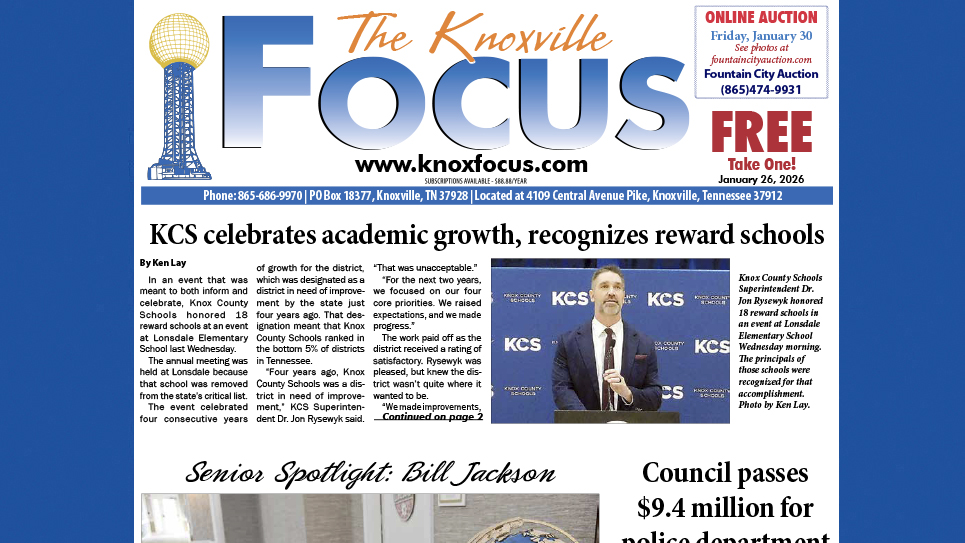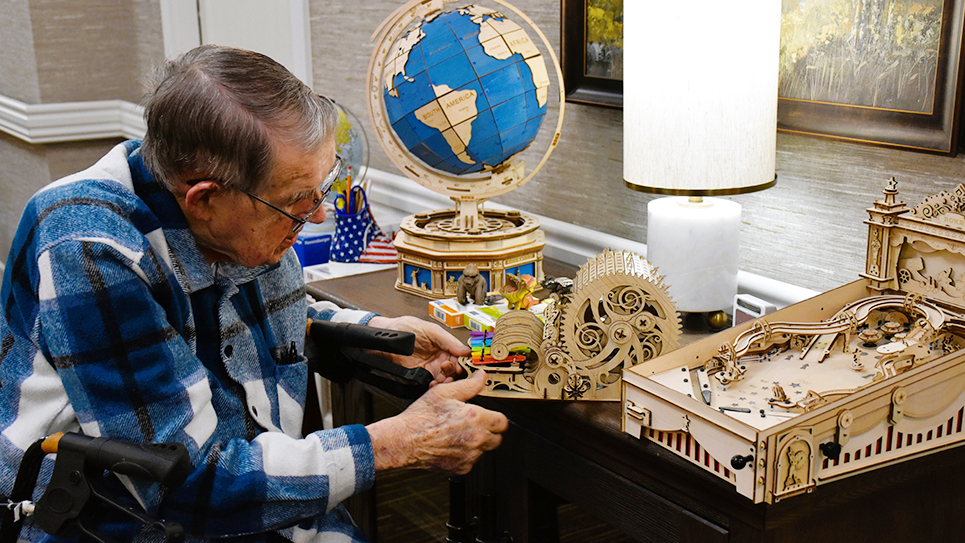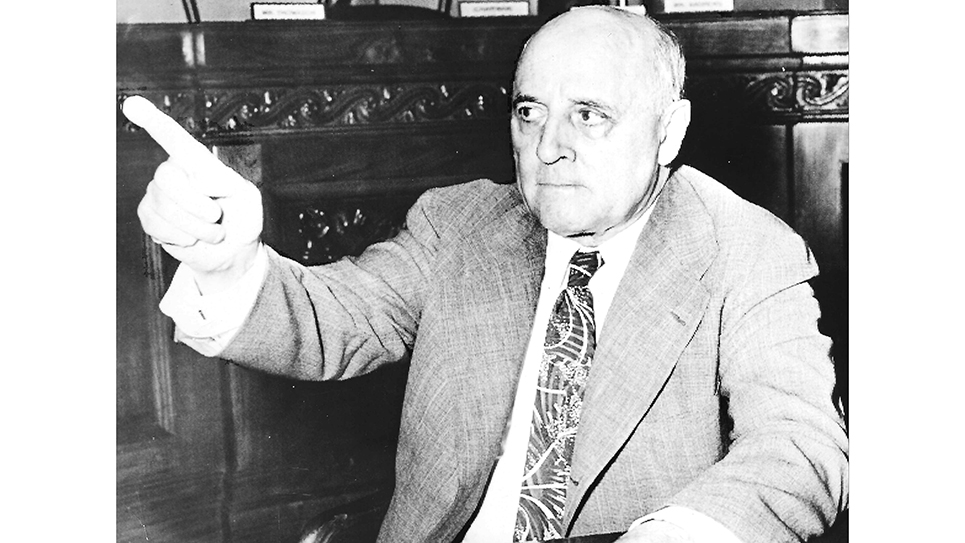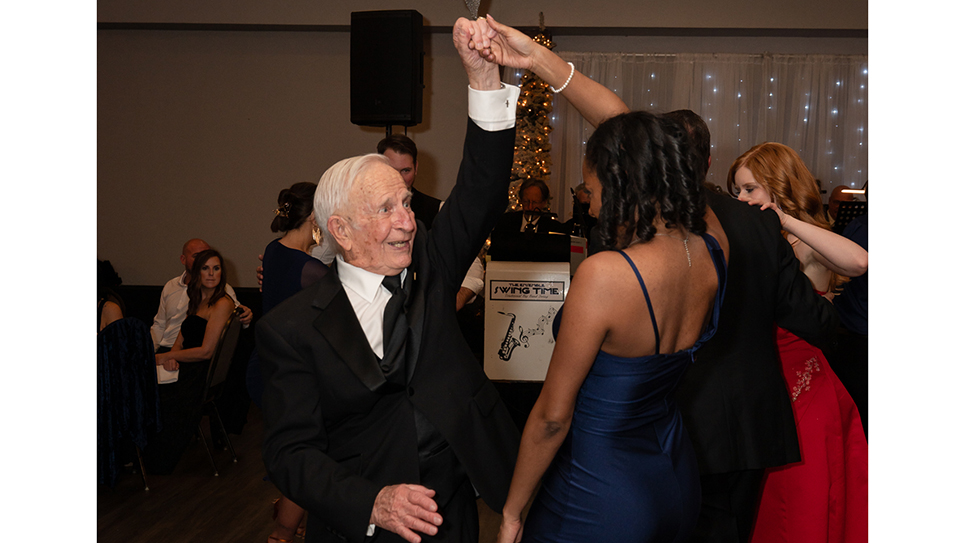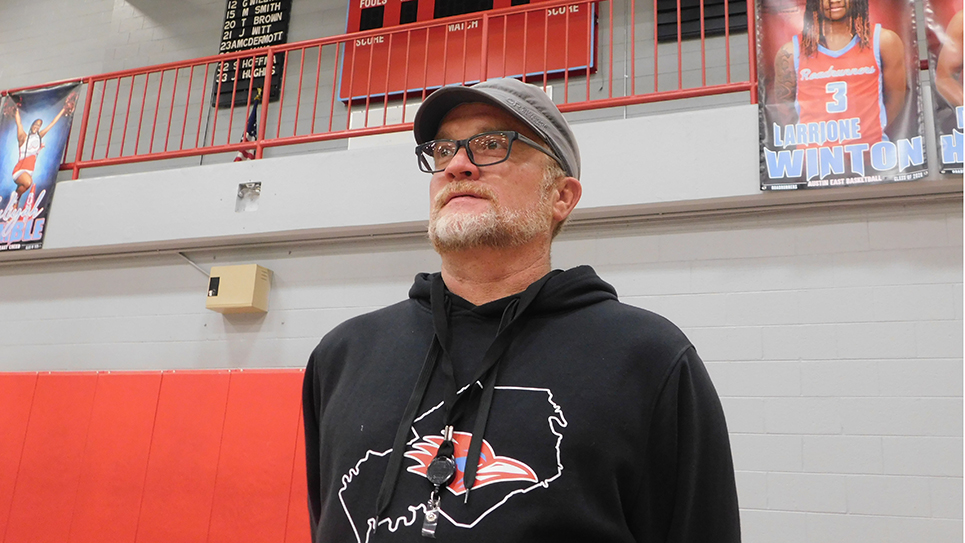Timely Thoughts
Change your thoughts and you change the world.
Norman Vincent Peale
Time is an interesting concept. Science shows that we exist in a reality of three spatial dimensions and time. As an example, I am just shy of 5-foot 8-inches – at least in the early morning before the struggles of the day cause my posture to slump and force me to adjust the rearview mirror on my truck by day’s end. I have depth as measured from my now protruding belly to my back. And I have a “cheek to cheek” between the arms of my chair. Lastly, I have been occupying this space for the last five minutes while constructing these sentences.
The mathematician Herman Minkowski came up with the portmanteau term “space-time” to explain Albert Einstein’s 1905 theory of special relativity. Without getting lost in the weeds of physics, Einstein conceived of time as being a fourth dimension along with the three spatial dimensions. It gets even stranger when you consider quantum theory which posits there were as many as ten dimensions at the beginning of the universe!
It is difficult to imagine such higher-dimensional planes of reality because we are beings of three spatial dimensions. However, Edwin Abbot imagined a two-dimensional reality in his book “Flatland,” where flat squares, circles and other geometric figures lived and moved through time. If perchance I “stepped on” these creatures and their imaginary world they would not be affected, nor would I know of my transgression because we don’t inhabit the same spatial dimensions. Weird, huh?
In Western Civilization we see time as past, present and future. However, ancient cultures, like the Mayans of Mesoamerica and some Far Eastern cultures, viewed time as circular rather than the Western notions of a “linear” timeline. “The Lion King” movie acknowledged circular time with the motif “circle of life.” Thomas Cahill, in his book “The Gift of the Jews,” held that God’s entry into the affairs of man established a reference point. As a result, there was a time when God revealed Himself to man, and also a time before and after.
I may have told the story before, but I can’t remember, and I don’t search my hundreds of essays to chronicle my musings. A few years ago, Becky was asking our grandson Oakley when something happened at his home. He became a bit frustrated when pressed for details and told Becky, “BeBe, I can only do now.” What an insight into the nature of childlike reality, a priority we adults too often forget. Bill Keane’s modern parable goes, “Yesterday’s the past, tomorrow’s the future, but today is a gift. That’s why it’s called the present.”
As I’ve grown older, I fret about the future more than the past or the present. I’m trying hard to stay in the present moment and keep concerns of the mysterious future at bay. I survived the mistakes of my past, and now relive them kindlier in the present day. And I find more pleasant memories than regrets.
Case in point, last week I mentioned the movie “Amazing Grace” and ex-slave ship captain John Newton’s famous hymn. During one of our many foreign adventures, Becky and I drove through Spain because I wanted to see olive trees, experience Spanish flamenco and tour the Alhambra in Granada. This fortress in southern Spain was one of the last strongholds of the Moors who were defeated in the Reconquista by Isabella and Ferdinand around the time of Columbus’ discovery of America. The Alhambra had served as a repository of ancient knowledge during the so-called Dark Ages.
As we wandered through the labyrinthine stone corridors and bare rooms with what I considered “amazing” acoustics, I was triggered to begin humming Newton’s “timeless” hymn. And then Becky joined me softly singing about God’s Grace. And then something mystical and spiritual happened. People in other rooms and corridors apparently heard us and began singing “Amazing Grace” in multiple other languages. It was magical and memorable.
One of the many tragedies of Alzheimer’s Disease is its destruction of memories and our humanity. However, early in the disease, it affects recent events much more than it does memories of long ago. As an example, a loved one with the disease may not remember what they had for breakfast, but memories of long ago are preserved. Unfortunately, as the disease progresses all memory banks fail.
Some years ago, a friend apologized to me for dying his hair to remove the gray. He was worried that I might think he was being vain. Tragically, my friend’s wife with advancing Alzheimer’s Disease was having trouble recognizing him because of his gray hair. Removing the gray helped for a while.
Last week we traveled across dimensional space to Dollywood with our grandkids. And we moved through dimensional time with a day of roller coasters, sodas and smiles as we made memories. We even talked our “Cute ones” into sitting through one of Dolly’s excellent musical shows. Fortunately, my memory is intact and I’ll be able to fondly replay the day, especially after recuperating with a shower, supper and several glasses of wine.
I’m working on the third and concluding novel in my science fiction series (The Stellar Trilogy). The first novel was “Epiphany” and the second is “Mantis,” published last year. Both are available on Amazon, and “Mantis” is also available from my publisher at store.bookbaby.com. I enjoy the creative process and working through writing problems. And I’ve learned that creating a novel is vastly different than writing an essay.
I can’t say that I’ve ever had a so-called “writer’s block,” where the creative muse leaves a writer. However, I have been stymied trying to solve an issue in my latest novel. Science fiction is not fantasy and therefore requires some scientific basis for the fictional story. I think I solved the problem with plausible explanations for the central themes of time travel and artificial intelligence.
The signature line of my personal email is, “Keep writing, the answers will come.” I can’t attribute the quote because it came from a fortune cookie. But apparently, it is working for me. So, stay tuned!

